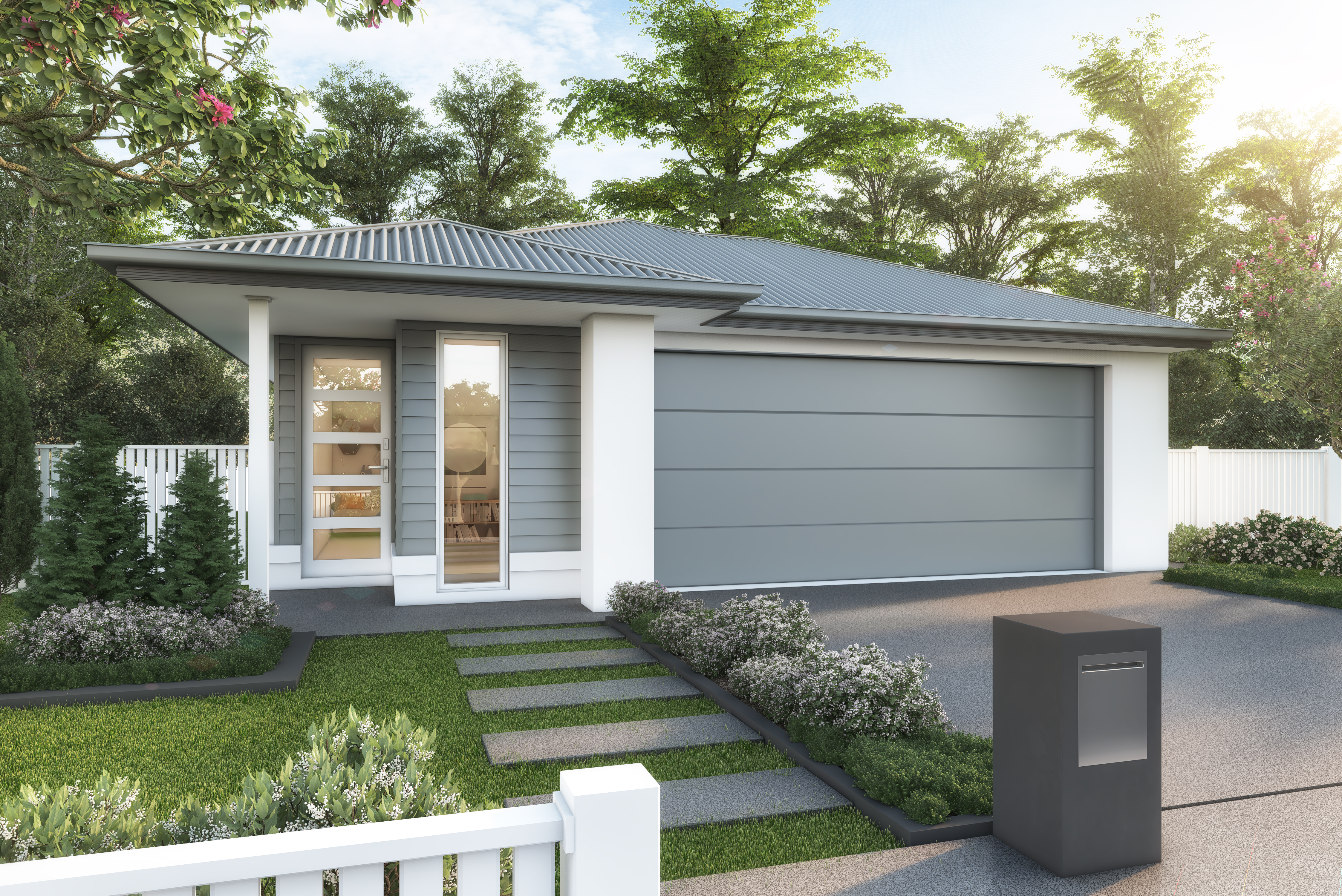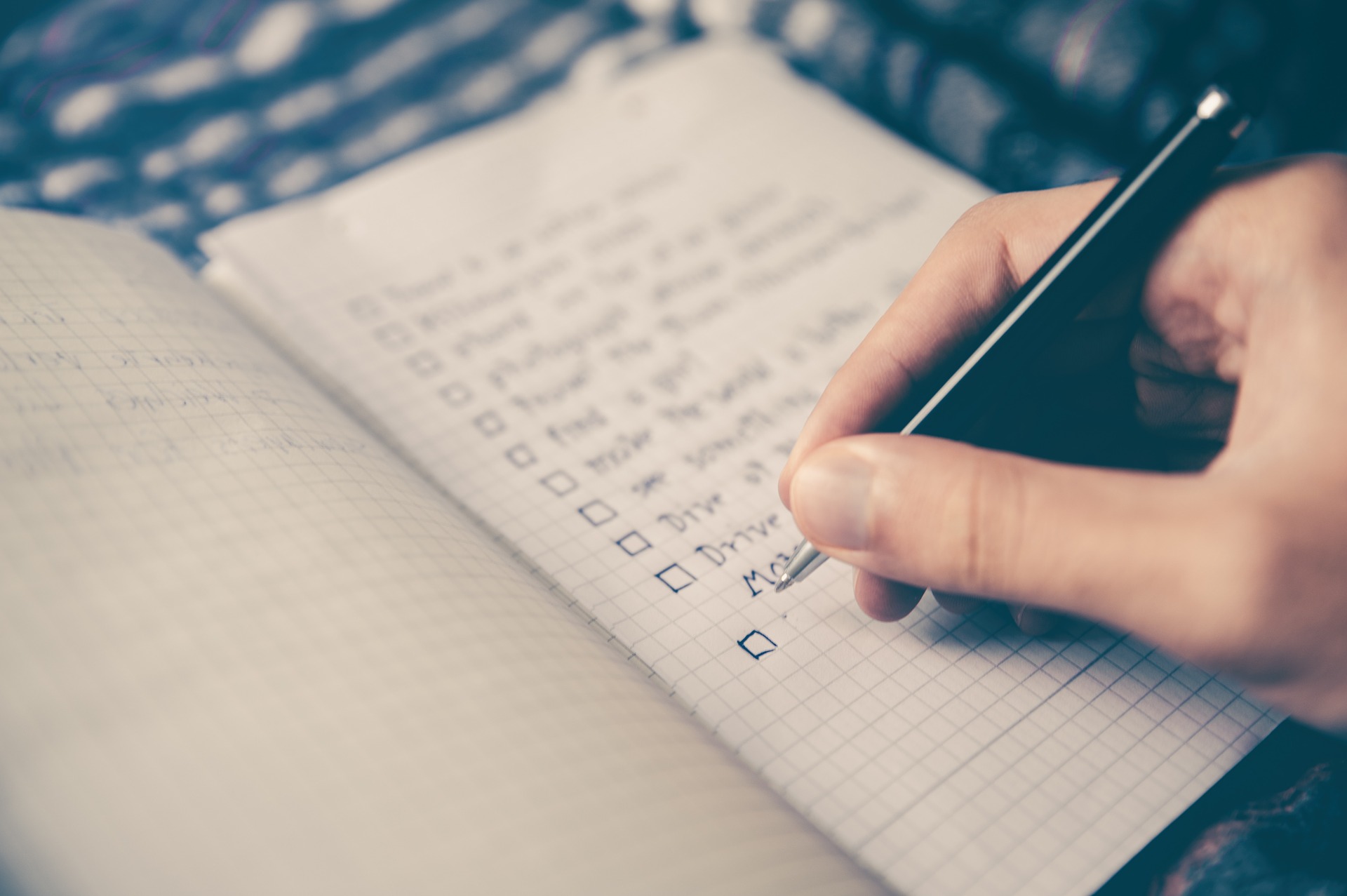
A Property Investor’s Checklist
A few blogs ago, we’ve listed down the major benefits of investing in real estate and how it ensures long-term positive cash flow.
Today, we’ll talk about how you can do it and share with you comprehensive steps to take so you can start your journey as an astute property investor.
What is an investment property?
An investment property is a real estate property that is not used as a primary residence. It is bought with the intention of earning a return on the investment through rental income, the future resale of the property or both.
If you’re looking for a long-term endeavour, it’s best to have your property rented. If you don’t like to deal with a continuing commitment, you can flip houses instead where your property will be remodelled or renovated and sold at a profit within a short time frame.
However, no matter what your main goal is, keep in mind that buying your first property is a major commitment itself and you must be prepared to ride out the ups and downs of the journey.
Once you’ve set your heart (and mind and pockets) on this investment vehicle, here’s a step-by-step guide you can follow to make sure that you’re on the right path and won’t be winded on the wrong road.

Choose a good location
Picking a great location increases the chances that your property will increase in value over time and attract more suitable tenants or buyers. As such, go with an area where the general quality of houses is good and the demand for properties by tenants and buyers is high.
Pro tip: proximity to CBDs and major employment centres helps ensure great demand from tenants and buyers, as well as the capital gain of the property.
It’s also important to take into consideration convenient access to public transport, such as buses, trams and trains. For rental accommodation, areas close to hospitals and universities always attract high demand by tenants. The same goes if your property is located near schools, parks, shopping centres, childcare centres and other community facilities.
Simply put, the nicer the area and the more convenient it is to live in, the safer your rental investment will be.
If you aren’t financially ready to buy in inner-urban or beachside suburbs where property prices usually rise consistently, you might want to consider suburbs that are close to the most sought after ones, as they also have a great chance in performing well.
Determine what the area will be like when it’s time to sell or whether there are any major developments planned for the area. You can do this by asking the local council, developers and real estate agents what’s in store for the area when it comes to new housing developments, major roads, transport links and community facilities.
Plan out a budget
Investing in real estate can be pretty expensive, especially since entry and exit costs are high. When setting up a budget, be sure to take into account the legal costs involved, such as conveyancing and building, strata and pest inspection costs.
Be prepared to borrow a substantial sum, especially if you have your sights set on a house. The type of loan you need will depend on the size of the mortgage and your own needs. Some property investors typically settle on interest-only (IO) loans or lines of credit but a principal and interest loan can also help you build your own equity in the property much quicker than an IO loan or a line of credit.
Decide whether to buy a house or a unit
The best type of investment property to buy greatly depends on your planned out budget.
Units are more affordable to buy compared to houses. Your debt levels and interest costs won’t be so high if you get a mortgage to buy the property. What’s more, a two-bedroom unit will earn more in rent as a proportion of the price you paid for the property, known as the rental yield. If you choose to buy a unit, look for features that are convenient to tenants, such as off-street parking and internal laundries.
However, if you’re buying a house, it’s best to look for property on a good size block in a good location. Remember that the land component will be a major factor contributing to the capital gain of your property over time. Don’t forget to check out whether the house is well maintained and whether you’ll need to oversee major repairs, which could prove costly before you buy.
It can be a wiser move as well if you just find the right block of land in a great location and custom-build a home. This way, you’ll have the freedom to make the house as functional as possible and add features that will woo more tenants or buyers.
Attract tenants
It’s crucial to determine whether you will be able to find a suitable tenant that will ensure you can repay your mortgage before you commit yourself to a property. Study the vacancy rate in the local area with the real estate institute in your state.
As mentioned, buy in appealing locations where other people would want to live as tenants or owner-occupiers, such as inner-metropolitan suburbs. Ensure that there is good access to transport, education, health, community facilities and adequate parking.



